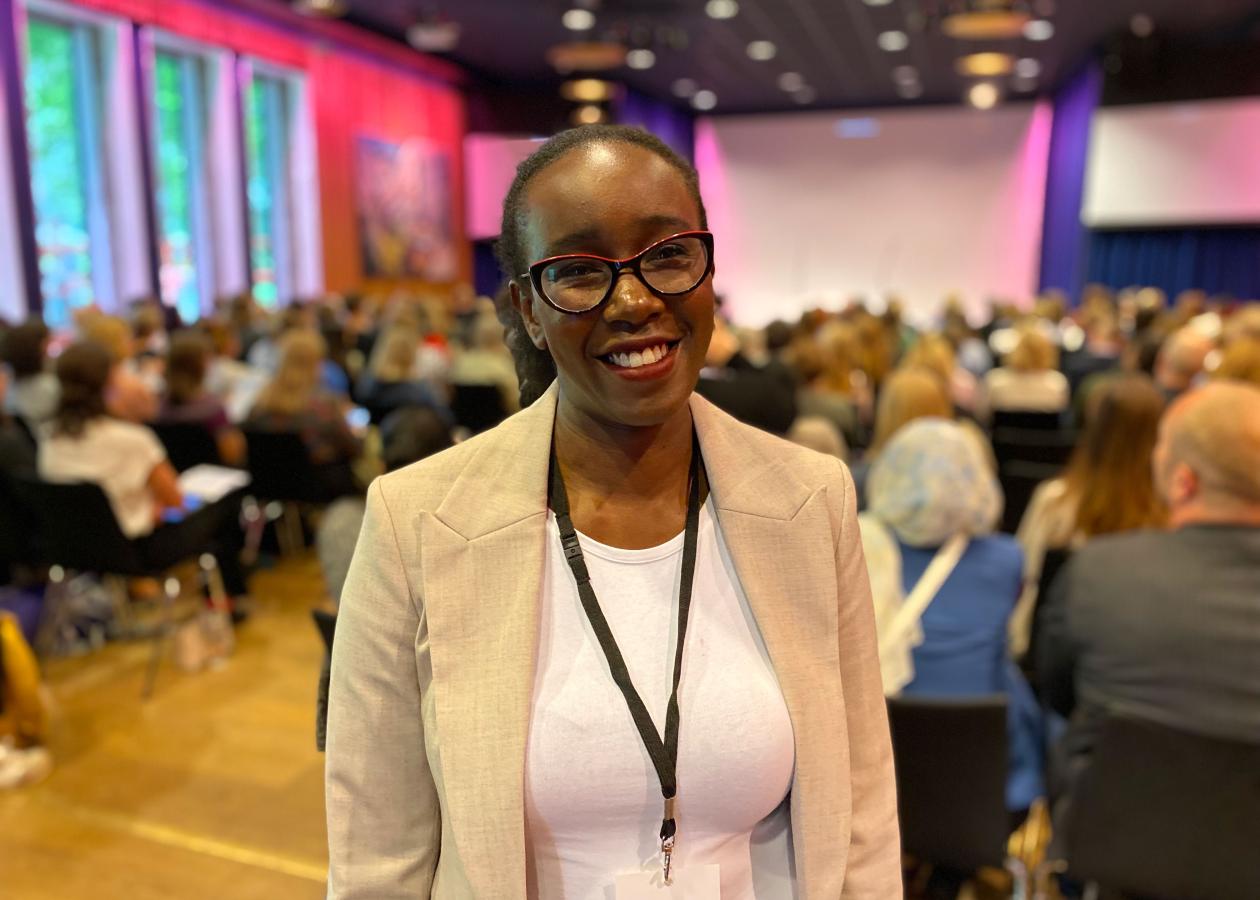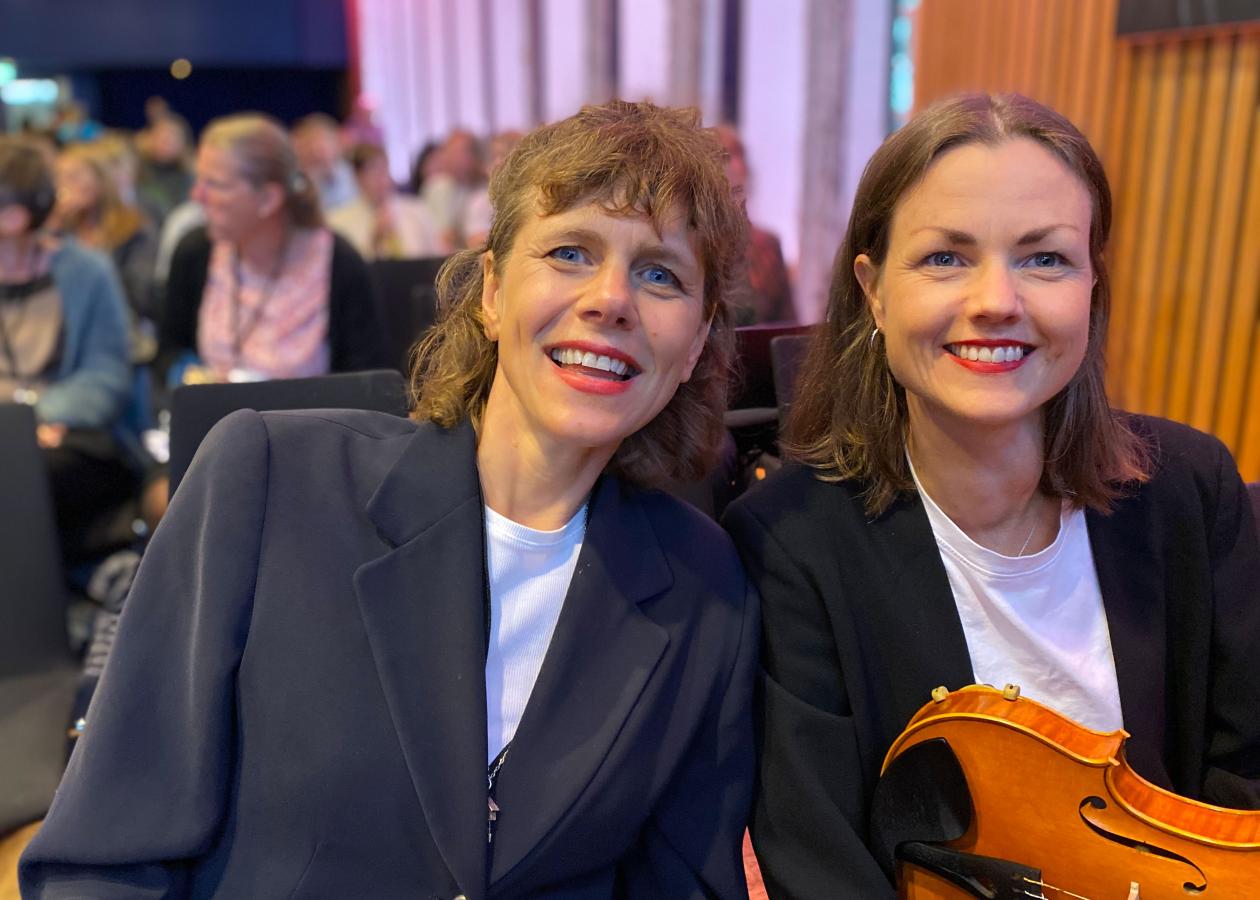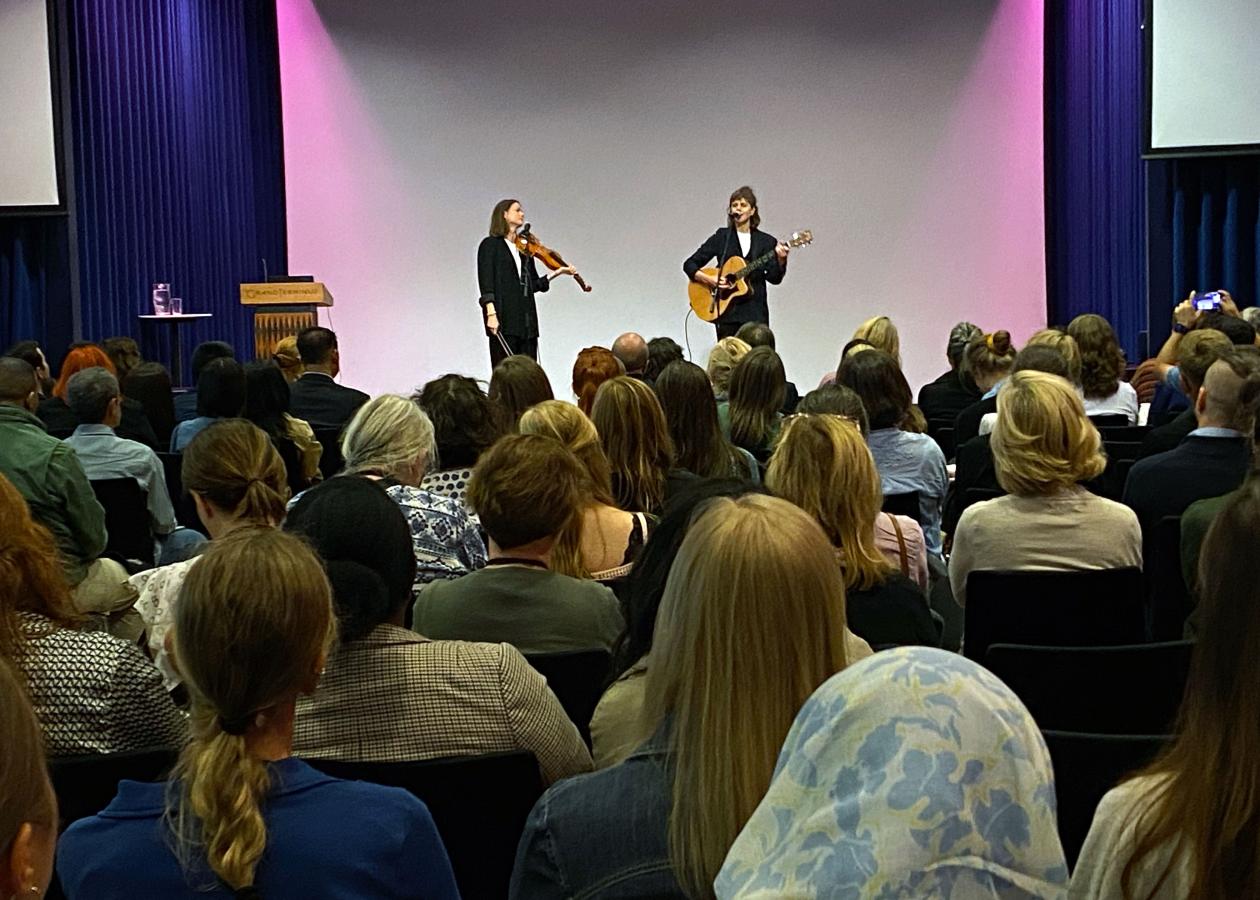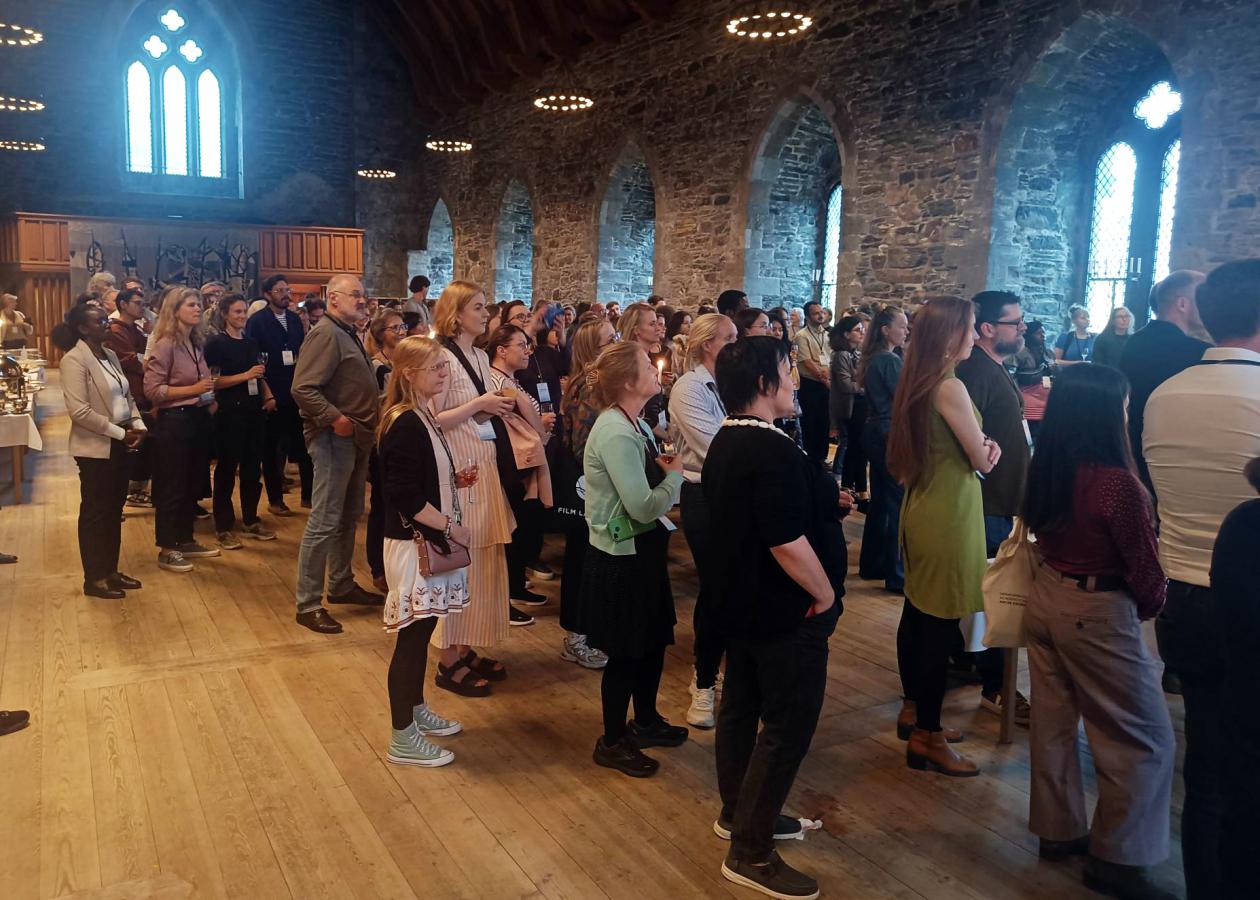The Politics of Mobility and Precarity – and the Alternatives
More than 250 migration scholars from around the world are gathered for the 22nd Nordic Migration Research (NMR) conference, taking place at the University of Bergen, 14-16 August.

Main content
With almost 40 panels, workshops and keynotes, it will explore how migrants and different ethnic groups experience precarity from both subjective and structural standpoints and how this shape the way they navigate their everyday lives.
Migrants and refugees, both those on the move and those in the process of settling in their new countries, face uncertainties when navigating different welfare and migration systems in their everyday lives. It shapes their family relations and their possibilities for taking control over their own lives.
Unpredictability and insecurity
The concept precarity, “broadly used to articulate life worlds characterised by unpredictability and insecurity, (…) can contribute to deepen our understanding for how migrants’ movements and presence are embedded in and shaped by asymmetric, historically evolved power structures and relations that operate at various scales”, says Synnøve Bendixsen, Head of the Department of Social Anthropology at UiB, and member for the conference's academic committee
The governance of migration and the asylum reception often create systems of inequality, and migrant precariousness is one effect of labour and economic relations and dynamics both in the global south and the global north.
“Precariousness affects people differently depending on race, class, legal status, migration background, gender, and education. By focusing on mobility and precarity, we want to open the discussion on citizenship, migration and refugee policies and control.”
Expat or migrant?
The conference will explore a range of topics, including how the labour market affects migrants, their everyday life, as well as social relations. Does precarity give room for agency, including creating grounds for activism?
Other panels deal with the role that governments, international organisations like UN and EU, non-state organisations, and private enterprises. How do citizens and their attitudes play in the making of the mobility-precarity nexus?
The differences in how people move around are highlighted by the way we talk about them. For example, we often see the movement of expats in a positive light, while migration is sometimes viewed as a problem.
“We hope that this conference can contribute to reflect further about the connections between mobility and precarity before, during and after migration”, says Bendixsen.
"We are very pleased that IMER Bergen’s junior network managed to organise a very successful pre-conference. This created a space for junior scholars to meet and discuss relevant issues with keynote speakers and other senior researchers on their own terms", says Associate Professor Kari Hagatun, leader of IMER Bergen, who has organised the conference.
The many panels will be tied together with keynote lectures. Professor Bridget Anderson, University of Bristol, argued at her opening keynote for a denationalist approach to how we think about migration and precarity.
Professor Ayhan Kaya, Istanbul Bilgi University, will talk about the politics of hospitality and precarity after the Syrian mass migration in 2011. And Professor Shahram Khosravi, University of Stockholm, will talk about how integration policies contributes to precaritization.

More than 250 migration researchers from all over the world filled Terminus Hall at the opening of the conference.



